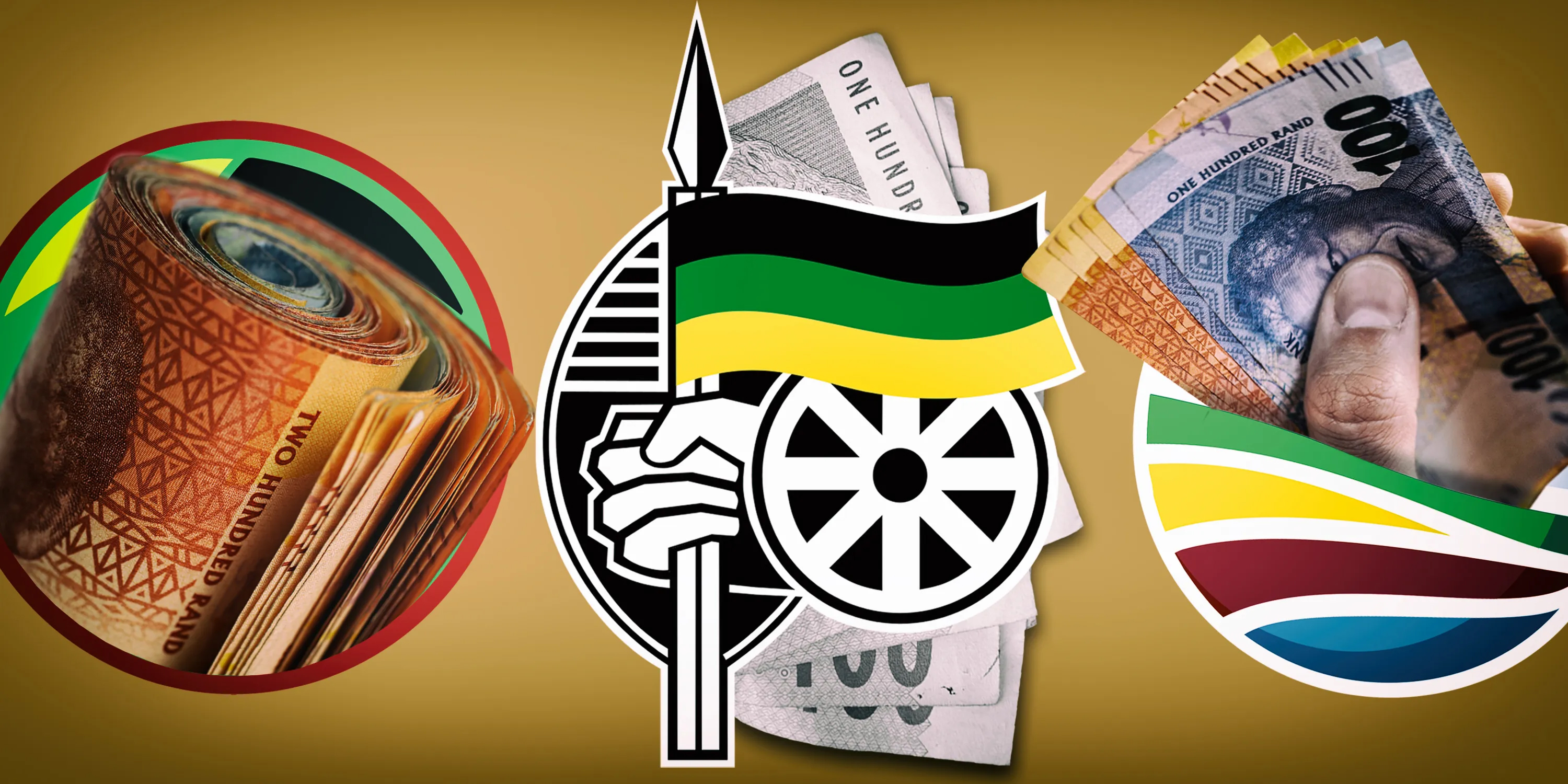The Western Cape High Court on Monday agreed with My Vote Counts that there was a gap in the law concerning political funding declarations. If no one objects by 12 August, then political funding limits of R15-million a year and the R100,000 declaration threshold are deemed to have continued throughout this saga, according to Western Cape High Court Judge Daniel Thulare.
It was a partial legal victory for My Vote Counts, the civil society organisation advocating for transparency about money in politics, and also a crucial step in reinstating clarity and transparency in South Africa’s political donation regimen.
Read more in Daily Maverick: Elections 2024
Effectively, a political funding free-for-all has been possible since 8 May following Parliament and the Presidency’s missteps in implementing the Electoral Matters Amendment Act, provisions of which make the President, despite his position as head of a political party, central to determining party political funding limits and declaration thresholds.
‘Somewhat problematic’
The Act was meant to effect various consequential amendments needed to bring independent candidates into the fold, but in addition to the political funding disclosure changes also altered the funding formula for political parties represented in legislatures.
While it’s not for the courts to make laws, the courts must rely on legislators to do their job. But MPs didn’t act properly on 16 May, according to Monday’s judgment, which described the National Assembly action as “somewhat problematic”.
The National Assembly resolution passed on 16 May was “not helpful” to President Cyril Ramaphosa. “The first respondent [Ramaphosa] still did not know what the amounts for the upper limit and the disclosure threshold which were resolved by the National Assembly for his consideration were.”
The initial resolution of 9 May that was withdrawn, ostensibly for further consultation, was clearly drafted and specified retaining the R15-million annual cap and R100,000 declaration threshold, while also empowering the President to make regulations on updated caps. A week later, no other political party in Parliament had been consulted, but a convoluted resolution that crucially omitted any caps was adopted on the back of ANC numbers.
Read more in Daily Maverick: Muddied political funding provisions allowing potential donation free-for-all now in court
Because the President on 8 May had operationalised the Electoral Matters Amendment Act without the required resolution from the House, a potential political donation free-for-all was created with two weeks to go to the elections.
This gap in the law could have been closed on 9 May when the House first considered a clearly drafted resolution, but it was extended to 16 May when it was stood over. The resolution before the House on 16 May detailed criteria the President had to consider, like inflation in setting new limits, but failed to provide a rands and cents baseline.
Judge Thulare touched on this in his ruling,
“If the National Assembly still believed as it did on 9 May that there was a lacuna, then the National Assembly unfairly created more problems for the first respondent in respect of his determination of the upper limit and the disclosure threshold...”
The President’s arguments failed to convince the court.
“With this problem on his desk, I do not understand how the first respondent arrives at a conclusion that reading sections 11 and 12 of the PPFA [Political Party Funding Act] is helpful to resolve the problem...”
That’s because no amounts for annual donation limits and declaration thresholds are stipulated in those legislative provisions. In court, the Presidency argued the system was not compromised because declarations were still required to be filed with the Electoral Commission of South Africa (IEC). However, this did not address the key question: if no thresholds exist, does anything have to be publicly declared?
The presidential regulations on political funding caps and thresholds had not been released by 27 May.
Judge Thulare said he was left with the impression that the Presidency and home affairs minister “may have pinned their hopes on that the National Assembly would ‘advise on or recommend’ amounts to the first respondent through a resolution.”
That will be one of the matters to be fully ventilated when the matter returns to court.
Potential fudged declarations
While the court matters unfold, it remains unclear how the IEC will deal with the potential fudged declarations in this quarter that ends on 31 June. Critically, it’s unclear what the IEC would do if it were to emerge that a particular funder had donated more than the R15-million annual limit.
Earlier in May when the IEC announced that R172-million in political donations had been declared for the period of 1 January to 31 March, My Vote Counts said in a statement that this might be the last fully public disclosure, given the lack of limits and thresholds.
“This funding free-for-all may further entrench private interests who now can donate any amount they desire, all out of the public eye. Compliance to and strengthening of the PPFA will bring us closer to a democracy where our politics is transparent and open, public representatives are accountable to the people and money is not used to influence decisions that should be made for the public good,” the organisation said. DM





